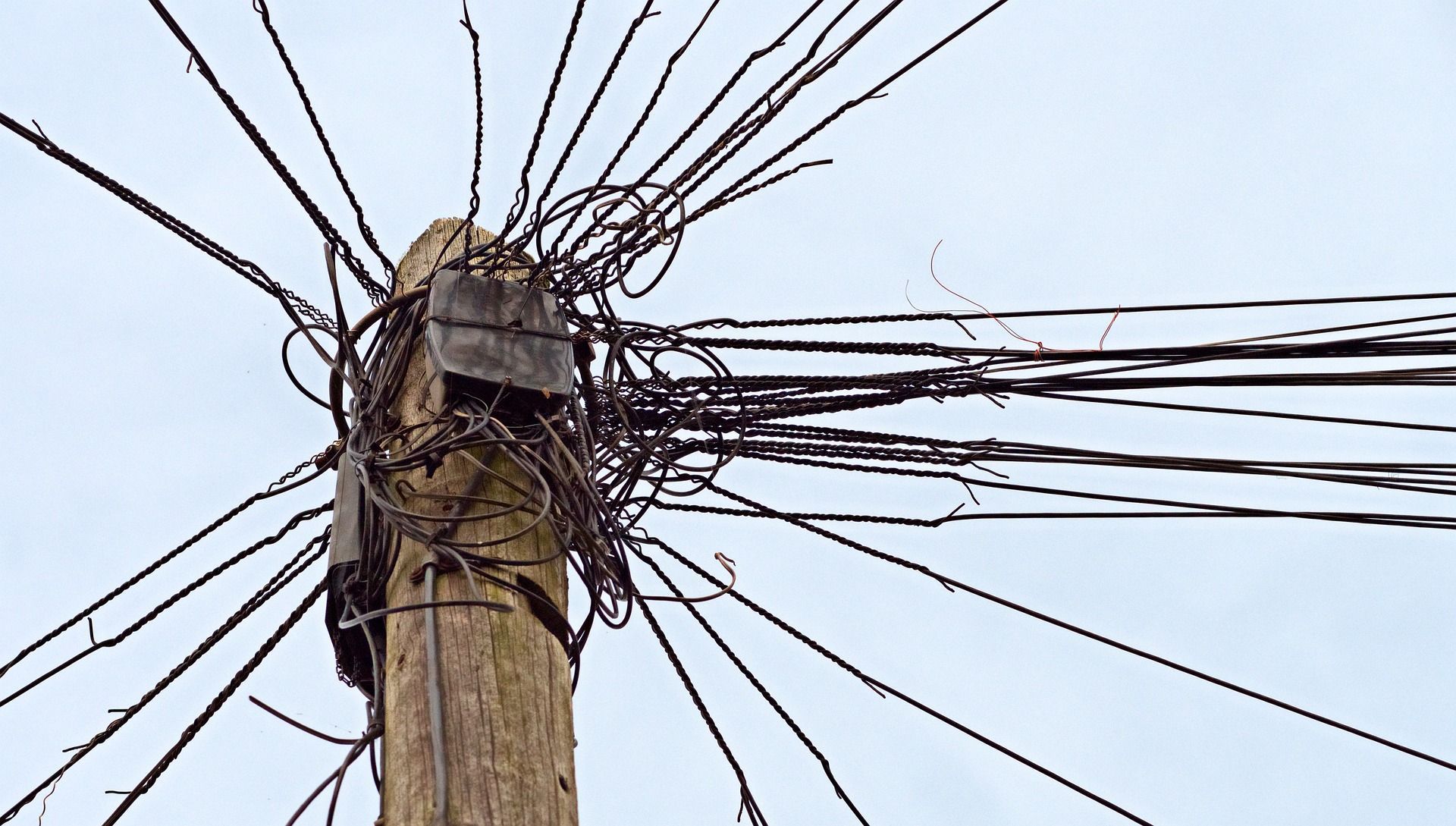A Tough Lesson
Charlotte Booth • 24 January 2022
A Lesson Learned the Hard Way

“You need to rest so you can recover,” says my inner Nurse Mary Fletcher-Brown on the other shoulder.
“Why do you have to be so bloody independent?” says my other half.
"I can do it!" I stubbornly cry.
So many conflicting thoughts at one go.
Needless to say, the last few weeks haven’t been easy.
I was forced to spend the end of 2021 and beginning of 2022 on the sofa with my foot up following surgery on my ankle. For Two weeks I was on crutches and couldn't put any weight on it, and for the last three weeks I've been slowly walking around and gaining strength reducing to one crutch to crutchless.
And I have hated every minute of it.
I was raised by quite a grumpy feminist who insisted I should be independent and NEVER rely on a man for anything. It’s been ingrained in me since I was a kid, so having to rely on my other half for the simplest things like food and drinks has been difficult. In fact it has gone against everything I was raised to be. An independent woman.
But it's upset all aspects of my personality.
My inner control freak has been frustrated that I haven’t been able to be as productive as I would like to be over the last few weeks.
My restless spirit is frustrated because I'm rubbish on crutches and even carrying a glass of water was out of the question.
This has meant that I've had to swallow my pride and ask for help. And to accept it.
As a rule, I never ask for help.
Like my mum, I always struggle through anything I’m faced with alone. Determinedly alone. And I've managed OK, up to now.
Therefore, this experience has been a massive learning curve for me.
From having to rely on someone to get me food and water, to helping me up and down the stairs to having to drive me everywhere as I was unable to walk the half a mile from the car park to the bank.
I've learned that knowing when to ask for help is important. And it's powerful.
I would like to say that I will try to ask for and accept help more over the coming year. It'll be hard but I can do it.
In my personal life and my business life it's time to recognise my strengths and my limitations.
I'm hoping this is something you could embrace as well. Asking for help when you need it, whether that's help with the content on your website, or to have regular blogs or social media posts, ideas for content, or even help with writing your first book. I would love to help so drop me an email.

There is nothing more amusing than checking out mediaeval artistic renditions of lions and other heraldic creatures. These beasts, grimacing and gurning are a strange juxtaposition of human, animal and demon and as far from the cute image of Alex from the Madagascar franchise or in fact a real lion as you could possibly get. There are three main reasons mediaeval lions are so ‘bad’ and un-representational; The artists were following a very tight brief. Some of the artists may never have seen a lion, and were following the descriptions they were given. These lions were representing heraldic principals of bravery, nobility and authority; all very human characteristics. When viewed through this lens it becomes more understandable why they look the way they do, but they are still ‘not right’ and not a great tool for learning about lions. Generative AI is very similar to an uninformed but talented mediaeval artist. There is a element of intelligence but at the end of the day it is following a brief, with no actual ‘knowledge’ of the thing it is producing. As an example, if you prompt your generative AI (ChatGPT and the like) to produce a blog for your new product or service, aimed at your ideal customer avatar you will in all likelihood get a mediaeval lion out the other end. Sort of recognisable, and sort of not. This is because AI doesn’t know what a customer is (ideal or otherwise), has no idea what your product or service is and does, and has no true understanding of how this service or product will serve your ideal customer and their needs. Of course, AI is pulling all the information available from the internet to help with its answer but there is no understanding there. There is no determining fact from falsehoods or even which websites are trustworthy and which are not. So, it skims the internet and puts together content which suits the brief as it understands it. This is then when the actual work should start as this content shouldn’t be used in the raw. It should be edited and tweaked by a human who DOES understand the brief, has been a customer (ideal or otherwise) and can imagine what your ideal customer will feel when using your product or services. We are in a world now, where we have generative AI promoting products and services to humans, when it has no concept of what a human is and how it thinks, meaning the marketing department are in fact more important than ever for ensuring content and copy is aimed at humans and human emotions. You could argue that the world would be a more entertaining place if there were more mediaeval lions in it, but it wouldn’t be a great environment for learning, or for basing purchasing decisions on. If you want to maintain the human element in your content, then I would love to help . Explain the brief, your CTA and your ideal client and I will know what I need to ask to get a clear idea before writing. Then you can rest assured your content was written by a human for a human and we can leave the mediaeval lions to the museums.








